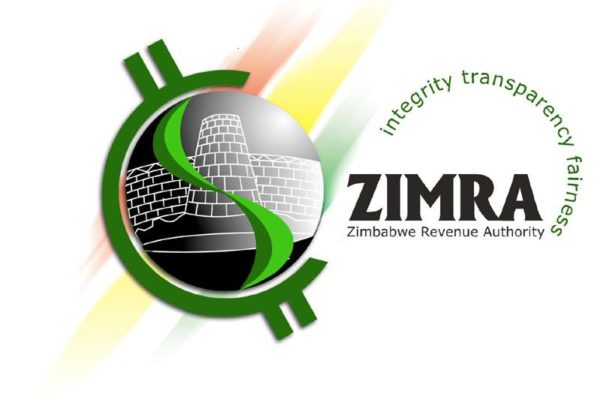
ZIMBABWE Revenue Authority (Zimra) says it will embolden its surveillance on companies and closely monitor businesses trading in forex in order to compel them to pay taxes in foreign currency.
BY FIDELITY MHLANGA
Zimra’s Commissioner for Domestic taxes, Rameck Masaire, said the taxman was not going back on the idea, but would fine tune the modalities to enhance clarity and consistency.
“We do have a law that provides for the taxation of companies or operators, particularly of Value added tax and Pay as You Earn. Where you collect the revenue in US$, you are required to pay the tax in United States dollars. We will continue monitoring tax pay outs to make sure they pay in forex. We are obviously going to enhance the resolutions around that area, effective from 1 January next year to make sure that there is clarity and consistency in as far as paying in forex is concerned,” Masaire said.
The 2019 budget also compels payment of duty in foreign currency on a number of selected imported items, including meat, cosmetics and motor vehicles.
Other goods listed for duty in forex include fresh cheese, grated or powdered cheese of all kinds, fresh grapes, groundnuts, margarine, selected meat products, poultry products, preserved fish and salt water.
Between January and June this year, motor vehicle imports stood at $225 million, translating to 23% of total imports. A total of $112 million in forex was spent during the same period last year.
Importation of motor vehicles rapidly rose from $250 million in 2009 when Zimbabwe adopted the multi-currency regime to over $800 million in 2010, before dropping to $225 million after government introduced stiffer customs duty and taxes to restrict imports.











